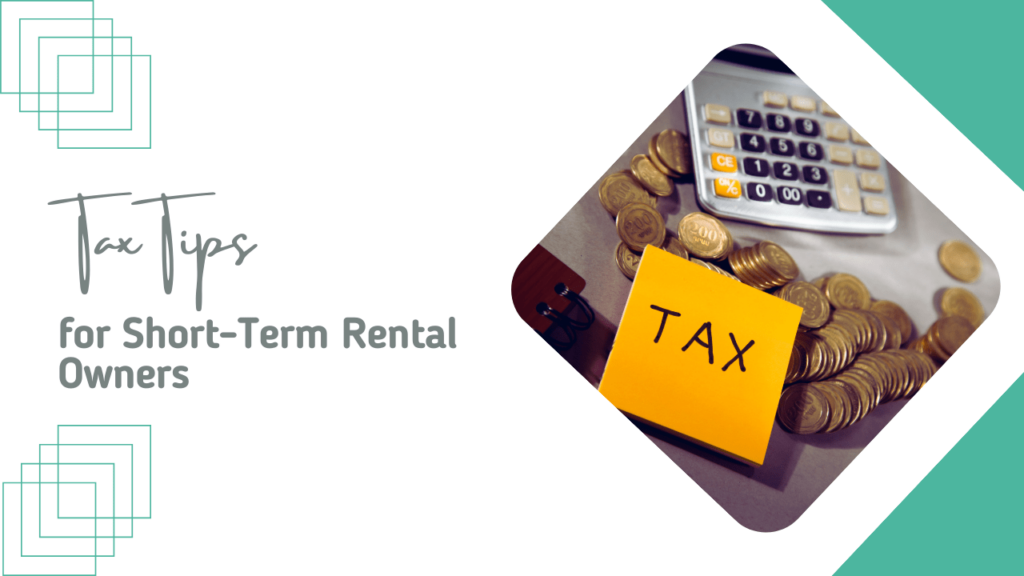
Renting out short-term homes is a great way to earn high nightly rates and keep your investment property available and flexible.
Make sure you’re paying your taxes.
To legally operate a short-term rental (STR) in Fort Worth, you have to register and pay the Hotel Occupancy Tax. We’re talking about that today, and sharing some tax tips for rental property owners who may be feeling overwhelmed at tax time.
Paying the Hotel Occupancy Tax
When you own and operate a STR in zoning districts where these properties are allowed, you’re required to collect and pay the Hotel Occupancy Tax (HOT). This is required by the City of Fort Worth, and it’s also in place on a statewide level through the State of Texas. The HOT here is 9% of room receipts from the guests who stay in your property.
You’re required to report the collection of this tax and to pay it to the City unless an exemption applies. The City of Fort Worth hotel occupancy tax rate includes a 7% hotel tax and 2% hotel convention tax paid by the occupant.
You can pay online. Short-term rentals are required to submit an annual Hotel Occupancy Tax Registration form.
What to Know about Remittance
The hotel occupancy tax rate is 9% of the amount paid by the occupant for a room or space costing $2 or more per day. When you’re late paying the tax, there’s a penalty of 15% of the total tax owed. This report needs to be filed by the 25th day of the month following the monthly collection/reporting period. If you don’t have a property manager or an accountant taking care of this for you, make sure you’re setting a reminder to get this tax paid. Delinquent taxes will accrue interest at a rate of 10% per annum for each month the taxes remain unpaid.
Payment is entirely digital now. You’ll have to register, file, and pay on the Localgov site by the 25th every month. If the 25th day falls on a non-business day, the next business day becomes the new deadline. Tax filings are required to be submitted on Localgov for every filing period even if there is a zero dollar tax return.
Allocate Your Personal vs. Rental Use
Do you also use your short-term rental as your private vacation home? If so, you’ll need to allocate expenses between personal use and rental use. It’s essential to keep meticulous records of when the property is used privately versus rented to ensure proper reporting and even avoid penalties.
Familiarize Yourself with 1099-K Reporting
 If you use platforms like Airbnb or Vrbo to run your rental, you’ll likely receive a 1099-K form summarizing your rental income for the year. Keep in mind that tools or apps connected to payment processing often include gross earnings, fees, and refunds. These numbers may need adjustments when preparing your taxes.
If you use platforms like Airbnb or Vrbo to run your rental, you’ll likely receive a 1099-K form summarizing your rental income for the year. Keep in mind that tools or apps connected to payment processing often include gross earnings, fees, and refunds. These numbers may need adjustments when preparing your taxes.
Set aside time with a tax expert to work through your 1099-K and ensure no details are missed.
There are many details to track when you’re renting out a STR, and taxes are a big part of it. We can help you stay organized. We can also help you stay occupied. If you need help, please contact us at Trend Property & Management. We’re here to help with all your Fort Worth property management needs. We also serve Keller, Saginaw, Hurst, and the surrounding areas.




 Jason Zimmerman
Jason Zimmerman Jessica Schirmeister
Jessica Schirmeister